Top 7 Health Benefits of Paprika
The dried peppers of the Capsicum annuum plant are used to create the spice known as paprika. It comes in a number of flavors, including sweet, smoked, and ... read more...spicy, as well as colors, including red, orange, and yellow. Paprika is used all around the world, particularly in stews and rice dishes. In addition to antioxidants, it is also high in vitamins and minerals. Here are paprika's best health advantages.
-
One tablespoon (6.8 grams) of paprika is rich in micronutrients and healthy compounds, providing:
- Calories: 19
- Protein: less than 1 gram
- Fat: less than 1 gram
- Carbs: 4 grams
- Fiber: 2 grams
- Vitamin A: 19% of the Daily Value (DV)
- Vitamin E: 13% of the DV
- Vitamin B6: 9% of the DV
- Iron: 8% of the DV
Notably, this tiny quantity provides about 20% of your daily requirement for vitamin A. Additionally, this spice includes a number of antioxidants that protect cells from harm brought on by reactive chemicals known as free radicals. Chronic diseases including cancer and heart disease are connected to free radical damage. Consuming meals high in antioxidants may thus help avoid certain diseases. The carotenoid family of antioxidants, which includes beta carotene, capsanthin, zeaxanthin, and lutein, comprises the majority of the compounds in paprika.
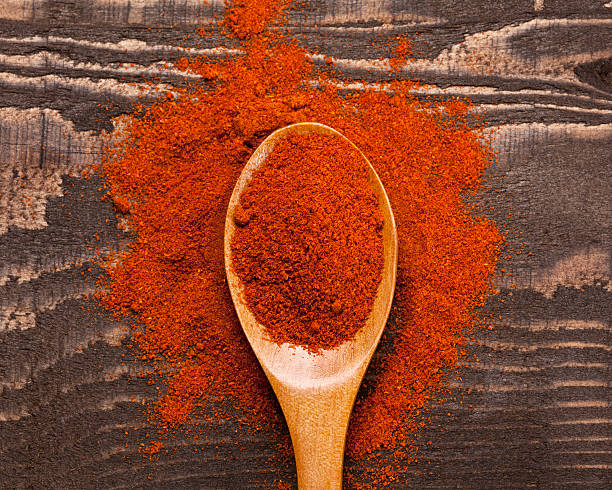
Loaded with nutrients 
Loaded with nutrients -
Several minerals included in paprika, such as vitamin E, beta carotene, lutein, and zeaxanthin, may improve eye health. In fact, studies show a lower incidence of age-related macular degeneration (AMD) and cataracts with high dietary consumption of several of these minerals. The antioxidants lutein and zeaxanthin in particular may save your eyes from harm.
In research including more than 1,800 women, those who consumed the most lutein and zeaxanthin in their diets had a 32% lower risk of developing cataracts than those who consumed the least of these nutrients. Higher intakes of lutein and zeaxanthin were linked to a lower incidence of AMD, according to second research including 4,519 people.
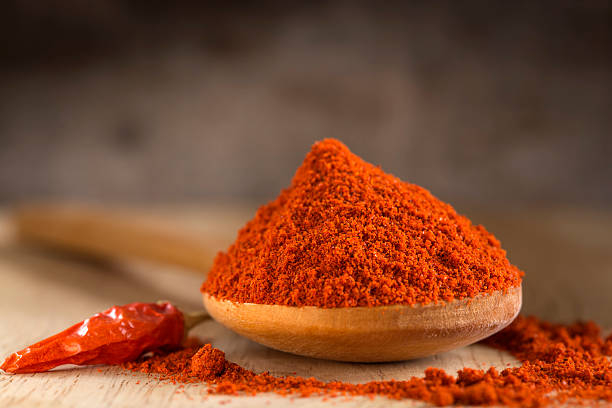
May promote healthy vision 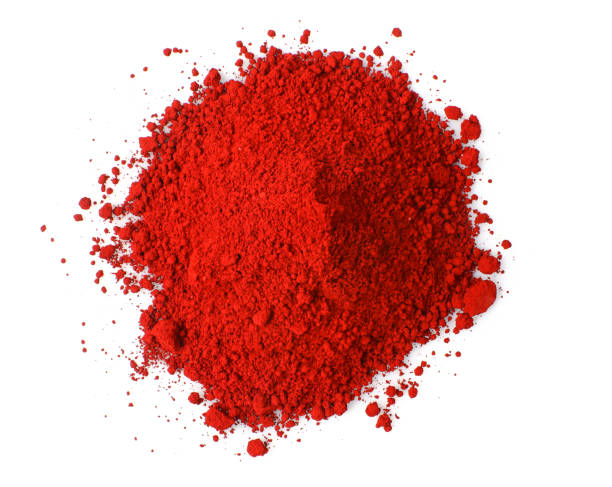
May promote healthy vision -
Capsaicin is an ingredient in several paprika types, particularly spicy ones. It's believed that capsaicin reduces inflammation and discomfort by attaching to receptors on your nerve cells. As a result, it could offer protection from a range of inflammatory and autoimmune diseases, including arthritis, nerve damage, and digestive problems. Research on capsaicin pills is more scarce than that on topical creams, which have been shown in several trials to help lessen pain from arthritis and nerve damage.
Supplements containing capsaicin helped stop stomach inflammation and damage in research including 376 persons with gastrointestinal illnesses. Another rat study found that 10 days of supplementing with capsaicin reduced inflammation related to autoimmune nerve disease.
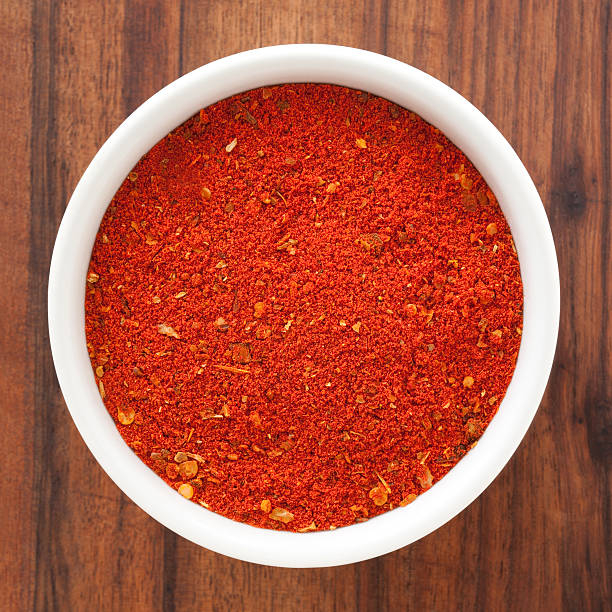
May reduce inflammation 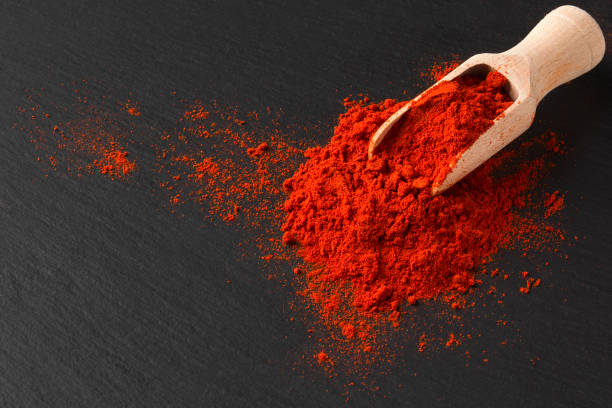
May reduce inflammation -
You could lower your cholesterol by eating paprika. This common spice's carotenoid, capsanthin, may increase HDL (good) cholesterol levels, which is linked to a decreased risk of heart disease. In two-week research, rats given diets containing paprika and capsanthin had significantly higher HDL levels than rats given a control diet.
The paprika's carotenoids may also aid in lowering levels of total and LDL (bad) cholesterol, which are associated with a higher risk of developing heart disease. 100 healthy people took part in a 12-week trial, and those who received a supplement containing 9 mg of paprika carotenoids daily saw considerably lower levels of LDL (bad) and total cholesterol than those who received a placebo.
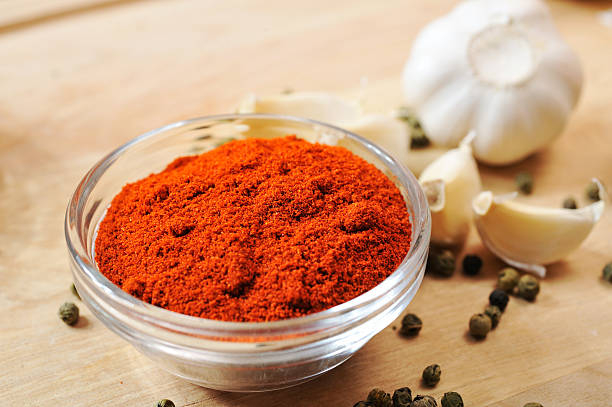
May improve your cholesterol levels 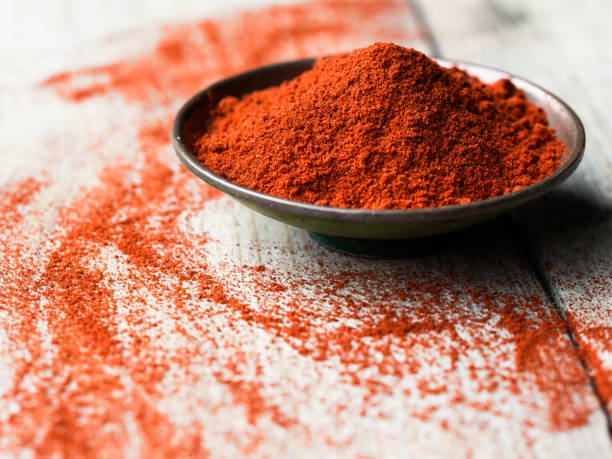
May improve your cholesterol levels -
Paprika has a variety of chemicals that may prevent cancer. It has been demonstrated that a number of paprika carotenoids, including beta carotene, lutein, and zeaxanthin, combat oxidative stress, which is known to raise your chance of developing several malignancies.
Notably, individuals with the greatest blood levels of beta carotene, lutein, zeaxanthin, and total carotenoids had a 25–35% lower risk of breast cancer than those with lower blood levels of these nutrients. Additionally, the capsaicin in paprika may reduce the survival and proliferation of cancer cells by altering the way that many genes are expressed. The possible anti-cancer properties of this spice, however, require further study.
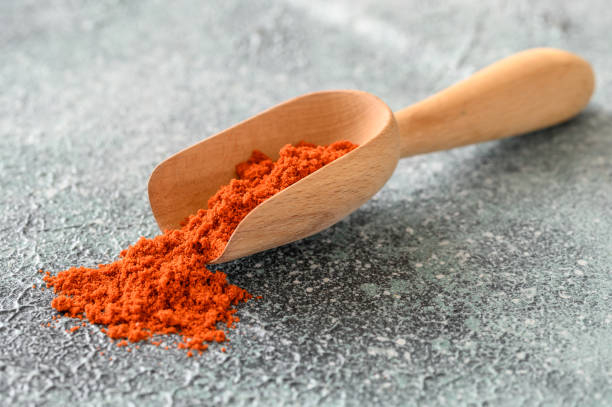
May have anticancer effects 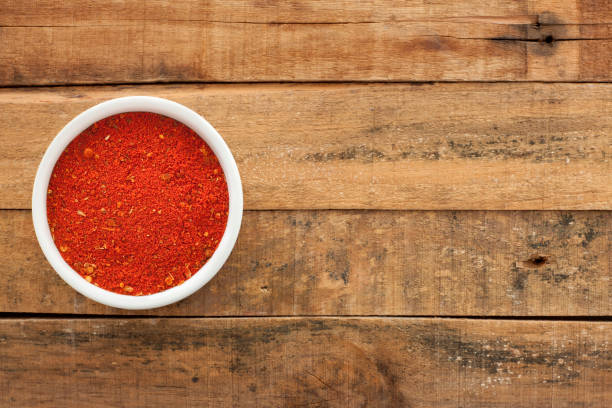
May have anticancer effects -
Capsaicin in paprika may be useful in controlling diabetes. That's because capsaicin may affect genes involved in controlling blood sugar levels and hinder the body's natural sugar-degrading enzymes. It could raise insulin sensitivity as well.
A daily 5-mg dosage of capsaicin effectively reduced post-meal blood sugar levels in a 4-week trial of 42 diabetic pregnant women as compared to a placebo. Another four-week trial involving 36 people discovered that eating foods high in capsaicin significantly reduced blood insulin levels after meals as compared to eating foods low in capsaicin. Better blood sugar management is often associated with lower insulin levels.

May improve blood sugar control 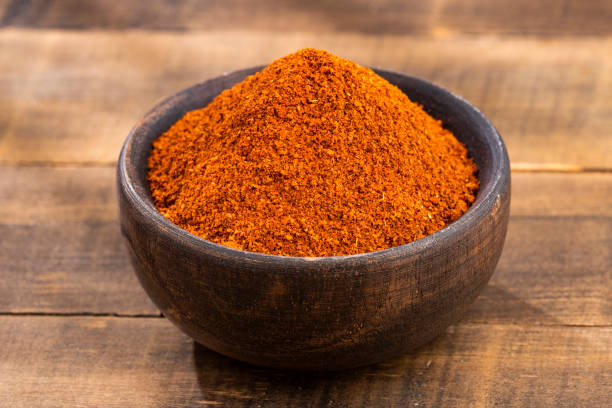
May improve blood sugar control -
Iron and vitamin E, two vitamins essential for healthy blood, are abundant in paprika. Iron is an essential component of hemoglobin, a protein found in red blood cells that aids in the transportation of oxygen throughout the body, and vitamin E is required to build healthy membranes for these cells. As a result, low levels of either of these nutrients may result in a decrease in your red blood cell count. Anemia, a disorder characterized by lethargy, pale complexion, and shortness of breath, may result from this.
For example, one research in 200 young women found that inadequate iron consumption was associated with a roughly 6-fold higher incidence of anemia than adequate intake. Animal studies also show that vitamin E is very efficient at mending red blood cell damage and that a vitamin E deficit may result in anemia.
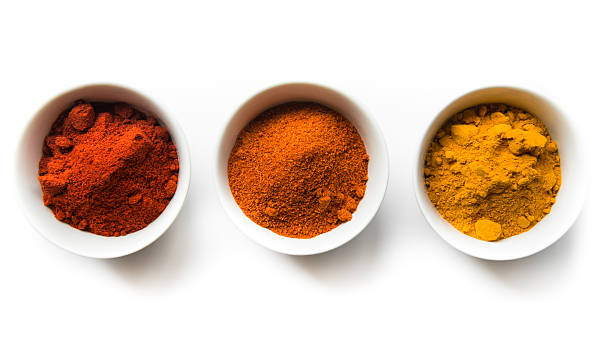
Important for healthy blood 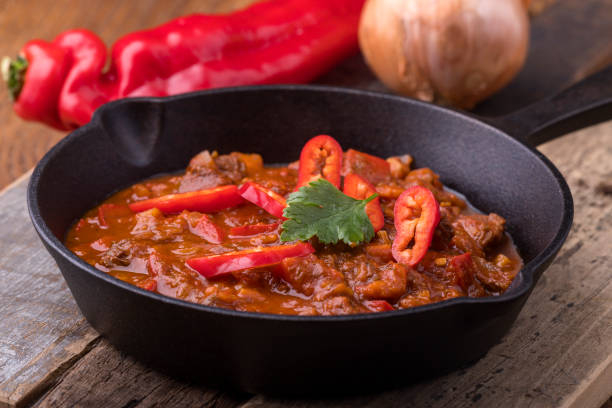
Important for healthy blood




























